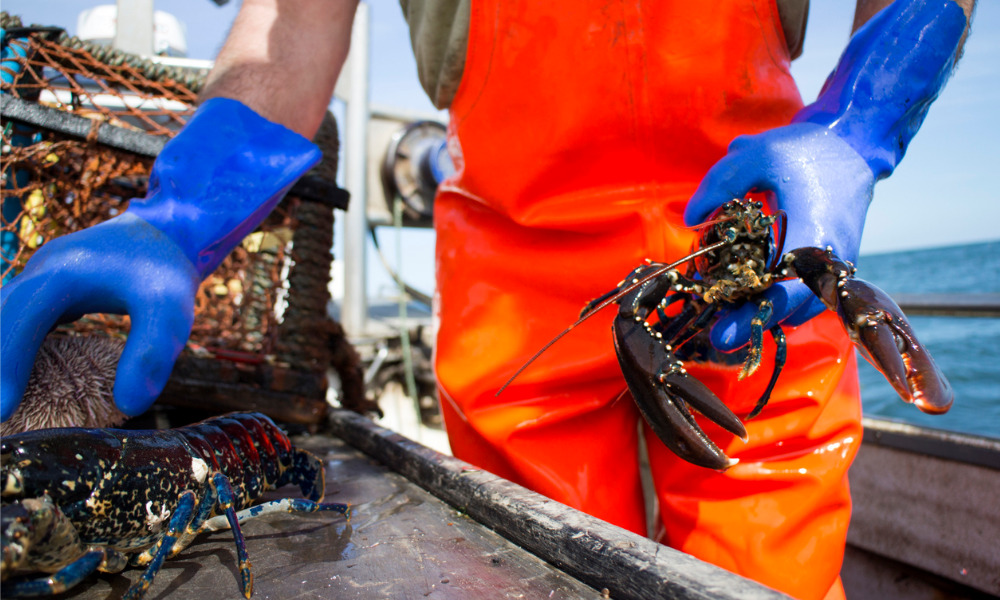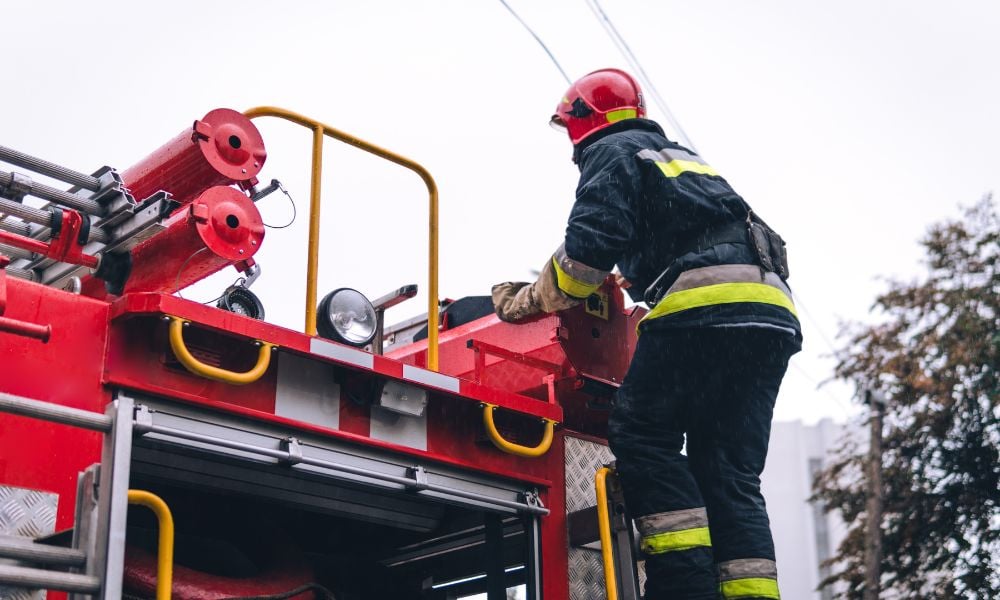'It's so dangerous' during a 'race against the clock' involving vessels that may have stability issues

The Atlantic lobster fishing season is beginning on a grim note, with the deaths of an uncle and his nephew on the opening day of the season. It’s a stark reminder of the dangers of an occupation that affects everyone in the coastal communities.
The RCMP recovered the bodies of 58-year-old Eugene Beaudin and his nephew, 33-year-old Normand Gilbert Beaudin Saturday morning after it was reported they went overboard about seven kilometres off the coast of Lameque, New Brunswick.
The captain of the Tracy Dawn boat, Robert Beaudin, who is related to the two dead men, survived the mishap and has spoken to the RCMP. While details of how the fishermen fell in the water remain unclear, “no foul play is suspected.”
Community impact
Tania Benoit’s father, brother, and boyfriend are lobster fishers, and says while she didn’t know the men, their deaths ripple throughout the fishing community.
``It could be us, right?'' she said to the Canadian Press in a telephone interview Sunday from her home in Tilley Road, N.B.
Benoit says fishing families know the first and last days of the season are the most dangerous because lobster traps are stacked high on the boats, reducing stability and posing falling object hazards. ``Even if fishing is fun and full of freedom, it's so dangerous,'' she said.
Serge Cormier, the MP for Acadie-Bathurst, said on his Facebook page that his thoughts and prayers are with the “families, friends and entire Miscou community experiencing difficult times following a fishing boat incident early Saturday.”
Race against time
Sandra Le Couteur is a singer from Lameque Island and comes from a fishing family. “When I was small, when my father left for lobster fishing, we were always afraid that something would happen. When I heard the news (about the two men) I was really affected,” she said in an interview with the Canadian Press.
As Benoit mentioned, Le Couteur also says the beginning and end of the season are particularly dangerous because the fishermen must set their traps and retrieve them before the arrival of the endangered right whales.
“It's the early days of the fishing season. All the fishers go out and they have to do it quickly before the right whales arrive. Because when they do, they shut down the fishing season because the whales are near extinction. It's a race against the clock,” she said.
The 66-year-old La Couteur says it’s hard for fishing families to be constantly confronting the dangers. “It's like a sword of Damocles over the heads of these families. And the majority of them fish.''
Stability concerns in the fishing industry
The Transportation Safety Board of Canada (TSB) said in a news release Monday it would deploy a team of investigators to assess whether an investigation would be held into the fatal incident on the Tracy Dawn vessel.
Fishing occupational health and safety regulations are enforced at the provincial level, whereas Transport Canada provides fishermen with a national regulatory framework that applies to the structural and operational safety of vessels. The TSB operates independently from Transport Canada and makes strong recommendations to the regulator.
One of those recommendations is M16-03, and it specifically addresses stability requirements. It recommends “that the Department of Transport require that all small fishing vessels undergo a stability assessment and establish standards to ensure that the stability information is adequate and readily available to the crew.”
That recommendation was first issued in December 2016. The TSB and Transport Canada have gone back and forth on the topic over the years. The latest response from Transport Canada came in December 2022 and in February 2023 TSB deemed the response as “unsatisfactory.”
The Transport Canada response lists multiple initiatives including more frequent inspections, educational tools, and outreach activities. But TSB states it “strongly believes that, until there is a mandatory requirement that all small fishing vessels have a stability assessment, the safety deficiency will not be mitigated.”
While many experts agree safety within the fishing industry has improved over the years, it appears the next big leap in hazard control will be focused on vessel stability.





